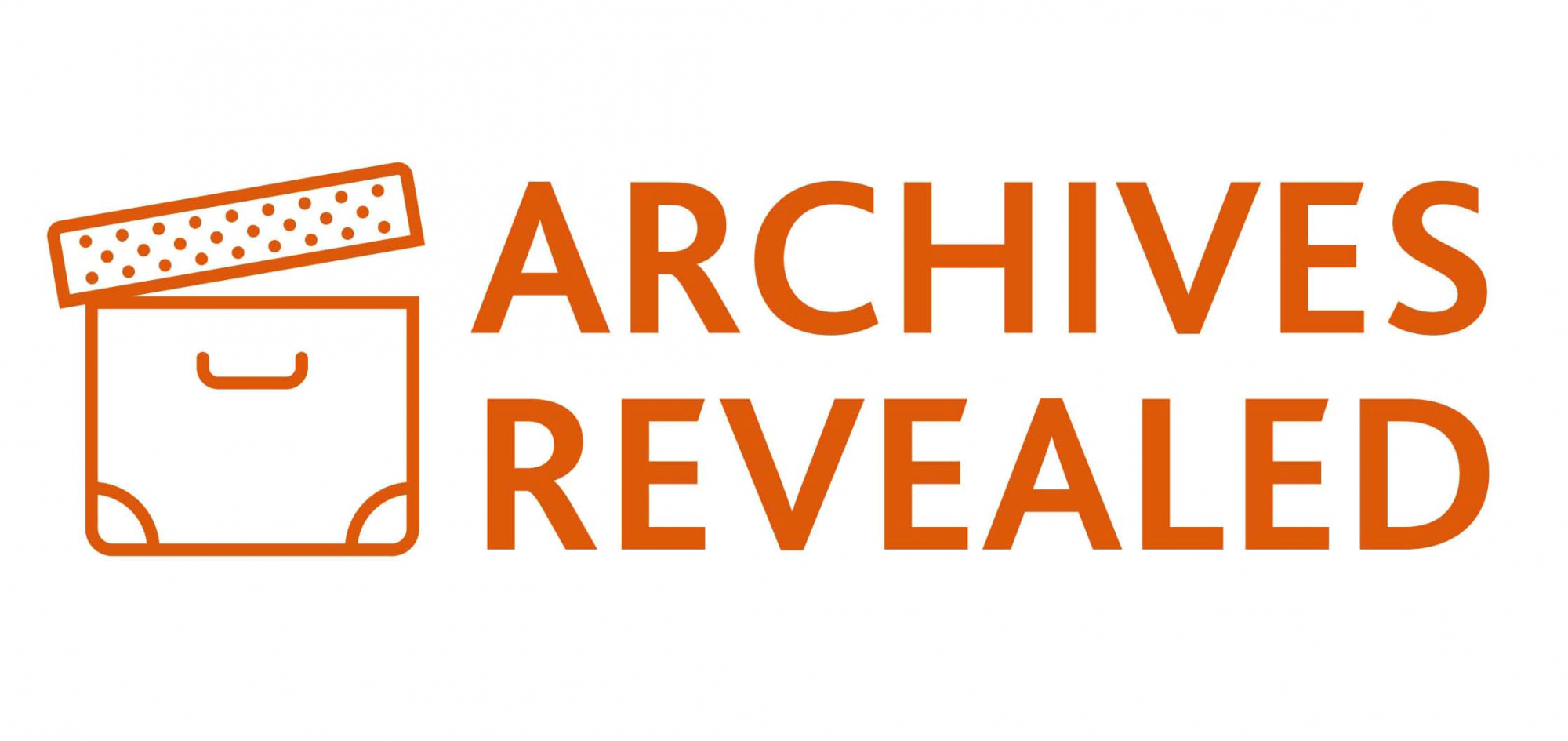J12 M40
British Motor Museum
J12 M40
British Motor Museum
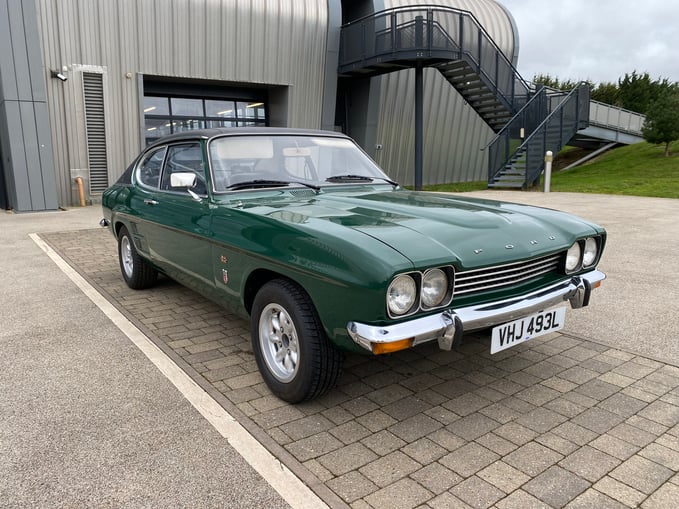
Production of the Ford Capri began in 1968 and was launched the following year at the Brussels Motor Show. It was marketed as “the car you’ve always promised yourself” and 400,000 units were sold in its first two years. It proved highly successful and evolved through three versions. Production of the Mk III finally ceased in 1986.
A four-wheel drive Capri was developed with motorsport in mind by Ford’s Competition Department. Just before the Capri’s launch in 1969, two prototypes were sent to Harry Ferguson Research (HFR), the company founded by Harry Ferguson to develop a four-wheel drive system which manufacturers could fit to their standard production vehicles. Ferguson’s company was eventually taken over by his son-in-law Tony Sheldon in 1960.
Although the Capri 4x4 was never put into production, it didn’t stop other companies from using similar technology; in 1973 this car, which had been imported from Germany, was modified by Coventry based FF (Ferguson Formula) Developments Limited. The conversion, which included an anti-lock braking system, automatic gearbox and Broadspeed engine blueprinting, cost the original owner £1,637.94; almost as much as they had paid to buy the standard Capri!
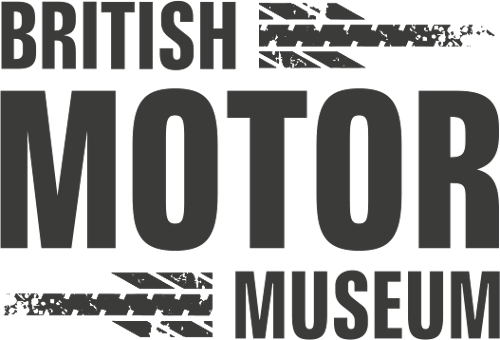
British Motor Industry Heritage Trust, Registered Charity in England & Wales: 286575
Banbury Road
Gaydon
Warwickshire
CV35 0BJ
If using a Sat Nav for directions we recommend you enter the British Motor Museum as a point of interest rather than using the postcode.

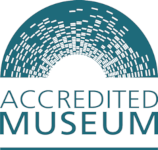
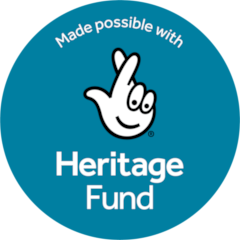











.png)


